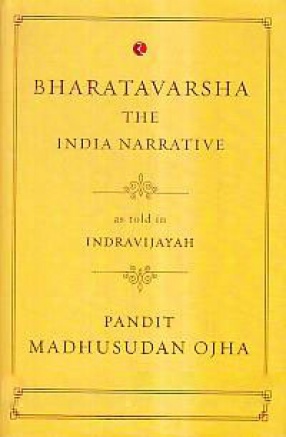
Kapil Kapoor

Showing all 11 books
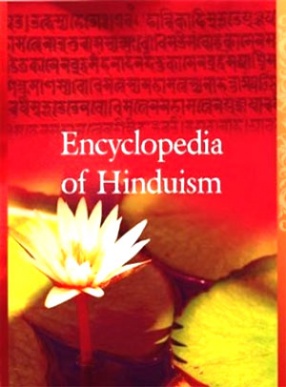
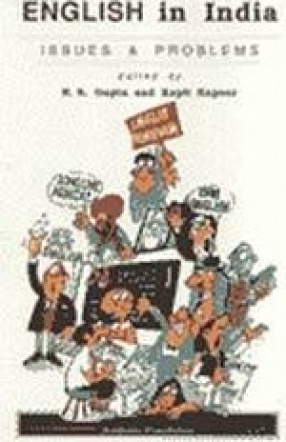

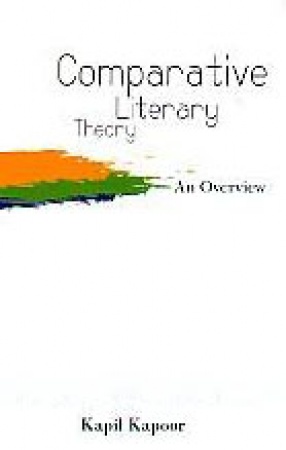
This is a study of the growth of poetics, theory of literature, literary artefacts, aesthetics of literature as an art form, dramaturgy and philosophy of literature. It deals with the rise of the discipline of poetics in India and the West, throwing light on concepts of rasa, alamkara, riti, dhvani, vakrokti, auchitya and so on. It probes the language of literature, literary meaning and its types, literary conventions and referentiality and verisimilitude in the ...

Rupa Publications and India Heritage Research Foundation bring to you a comprehensive guide to one of the world’s oldest, richest and most diverse faiths – Hinduism. A modest attempt to share with you information and knowledge about the various aspects of multifaceted religion. The Encyclopedia of Hinduism is a fountainhead of spiritual knowledge Contains information about the theory and practice of Sanatana Dharma, Buddhism, Jainism and Sikhism. ...
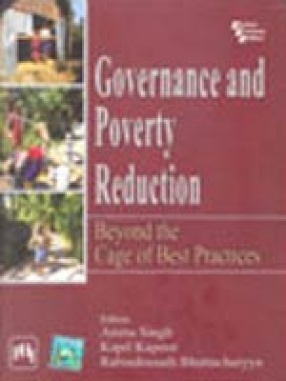
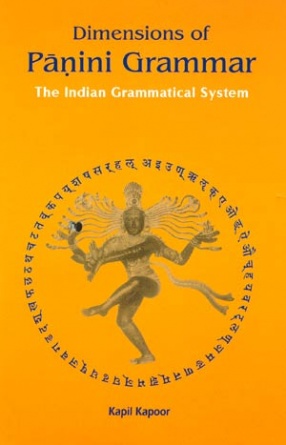
Leonard Bloomfield described Panini's Ashtadhyayi (7th century BC) as ‘one of the greatest monuments of human intelligence.’ It is a complete, explicit and comprehensive grammar of both spoken and textual (compositional) Sanskrit. Most of the reputed and renowned Indian and foreign universities running courses on Indian knowledge systems, study it for its principles of analysis, organization and description. What is of great interest is the ...
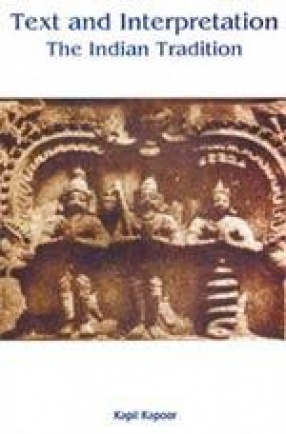
Linguistic communities are interpretative - they have shared frameworks and strategies to fix the meaning of what is experienced through senses or communicated through language. India presents one such interpretative community in which the three major contending Buddhists and the Jains - flourished and 'fought'. The presence of a strong interpretative tradition suggests the existence of texts and issues that are perennially important and also a certain freedom of ...
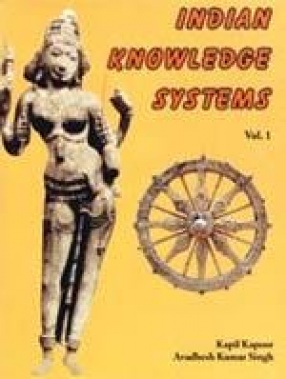
India has continuous and cumulative intellectual traditions in many domains of knowledge. this tradition has its beginning in the Rgveda, the first attested Indo-European document, and continues to be alive in the life, practices and learning of the Indian people. The power and pertinence of knowledge systems in this tradition are attested by the existence of innumerable texts and thinkers that continue to b e the subject of study in major contemporary ...
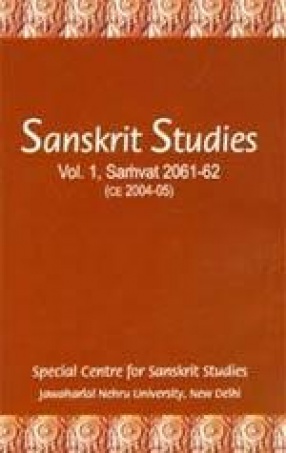
The educated Indian mind of today is, by and large, subjugated by the contemporary ethnographic, conflict-oriented, divisive thought and ideologies of the West. This can be corrected only by the thought structure in the Sanskrit intellectual texts. Two learned Supreme Court judges noted in 1993-“the people in India have always held in high esteem the cultural heritage of this ancient land. And learning of Sanskrit is undoubtedly necessary for protection of this ...

This books examines ' the English question' with a new freedom of mind. The interrogative mood has taken over, and there is a critical awareness that the old assumptions need to be scrutinised and validated. The various papers in this edited volume have been contributed by well known Indian scholars and teachers of English and linguistics. The editors, in there Introduction, have provided the contemporary context of English and a frame of reference for the ...
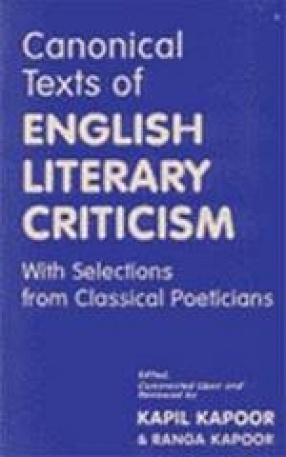
Looking upon literary theory as a bridge between literature and philosophy, this selection brings into focus literary theory's major issues and concerns -- reality and its literary representation, the creative, the language of representation, forms of enactment, modes of literary meaning, the epistemic value of literature and the role of 'author' and of 'reader'. In the texts of classical theorists -- Plato, Aristotle, Horace, Longinus -- all these major issues ...
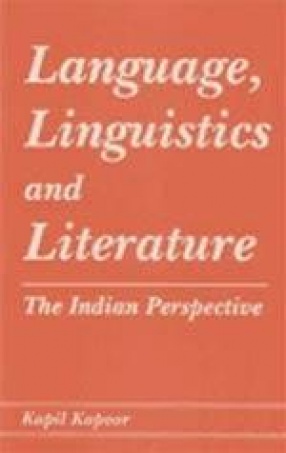
This collection of eighteen essays articulates the structures of thought available in the Indian intellectual traditions in language, grammar and poetics. A whole range of issues relating to theory, pedagogy and analysis are taken up : the oral tradition and its texts, the structure of oral narratives, the limits of lexical meaning, the question of appropriate poetics, grammar as the primary model of knowledge and the epistemological status of metaphors are some ...
